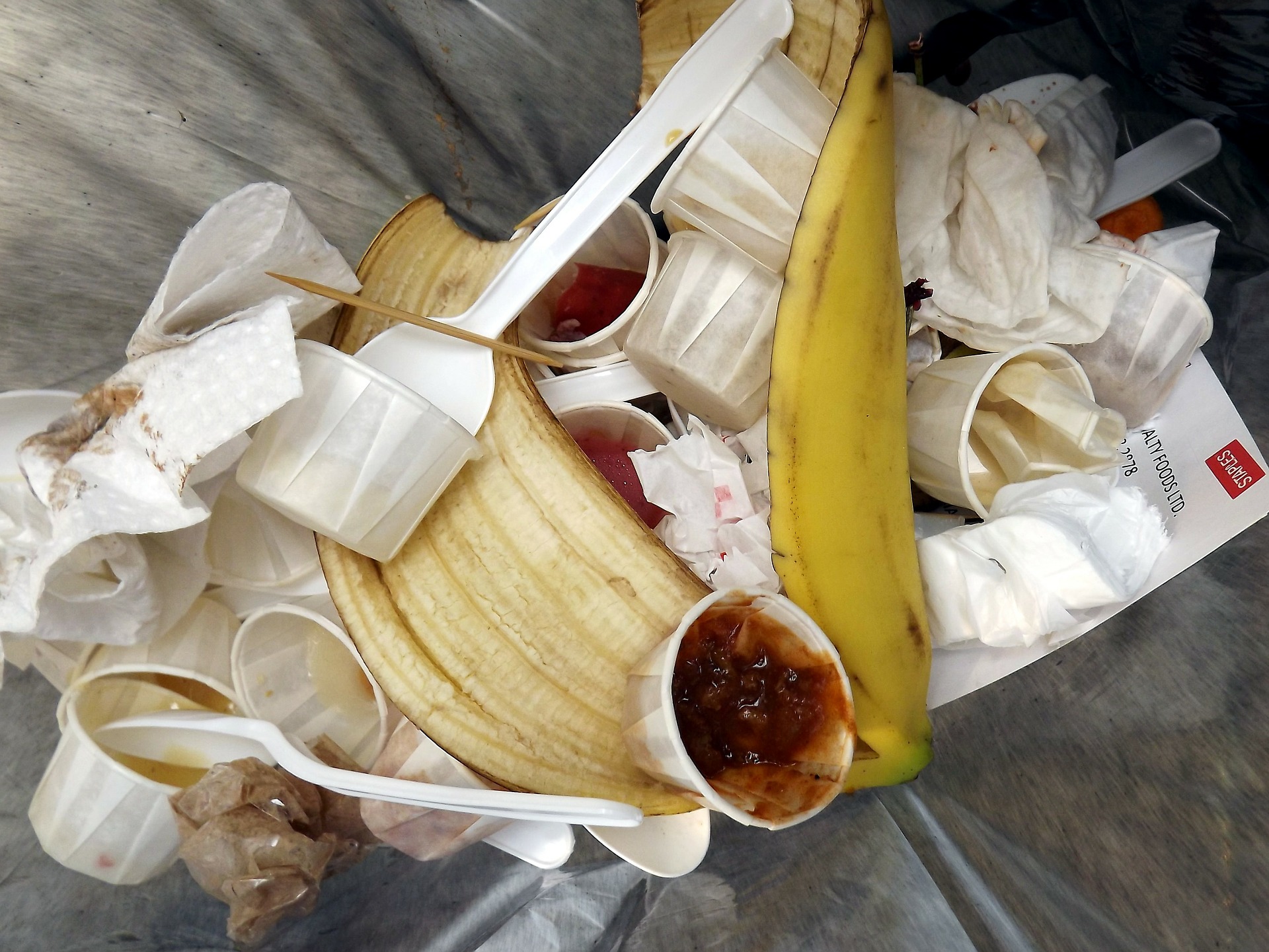Is it possible that there is a state more fixated on climate than California? An ever-lengthening series of state- and local-government prohibitions in an effort to cool Earth are both famous and infamous. But enough is never enough. Starting in the new year, food waste will be banned from black trash bins. Californians will be expected to dutifully throw their scraps into their green composting cans.
“This is the biggest change to trash since recycling started in the 1980s,” said Rachel Wagoner, director of the California Department of Resources Recycling and Recovery.
Which isn’t saying much – or maybe is actually saying a lot – since recycling is, as City Journal contributor and former New York Times reporter and columnist John Tierney showed more than quarter of a century ago, nothing but garbage.
“Recycling,” wrote Tierney, “may be the most wasteful activity in modern America: a waste of time and money, a waste of human and natural resources.”
Remarkably, California isn’t the first state to demand its residents toss their food waste into a container separate from their usual trash. Vermont has that “honor.” Neither is the statewide program new to California. A few cities have similar programs, which is a nice way to say they have in place demands that their residents behave only in a government-approved way.
Separating food waste from typical household and business trash “reflects growing recognition about the role food waste plays in damaging the environment across the United States, where up to 40% of food is wasted, according to the U.S. Department of Agriculture,” the Associated Press reports.
Rather than letting food scraps rot and produce methane, a greenhouse gas, California plans to turn them into compost or biogas, which will produce heat and electricity.
As a voluntary exercise, there’s no reason to carp about the program. However, there are downsides. Public funds will have to be used to provide countertop containers to hold scraps before they’re taken outside. In a typical harried California day, the extra work can be an unnecessary hassle. Food waste compacted together rather than tossed in a plastic bag that’s thrown in a black bin can cause unpleasant odors and attract unwanted – and sometimes dangerous – varmints; and composting facilities are known to produce unwanted hazards.
Despite what we’ve been told over and again, the economics of recycling, outside of maybe clean cardboard, paper, and some metals and plastics, are poor.
“It’s very expensive with almost no real environmental benefit,” says one-time Environmental Protection Agency official, James Winston Porter.
But it’s all for the greater good, right?
No, not at all. As we’ve said many times previously, California contributes only about 1% of all global greenhouse gases and there’s not one thing the state can do that will have an impact on the climate. Even when combining the “proper” disposal of food scraps with the recycling of plastics, glass, yard trimmings, textiles, rubber, and leather, the benefits are still negligible. All of those items together in the municipal trash stream make up “only two-tenths of 1% of America’s carbon footprint,” Tierney reports.
Yet here we are with another ban that doubles as a mandate, and one more reason for current Californians to want to become ex-Californians as soon as possible.
Kerry Jackson is a fellow with the Center for California Reform at the Pacific Research Institute.

